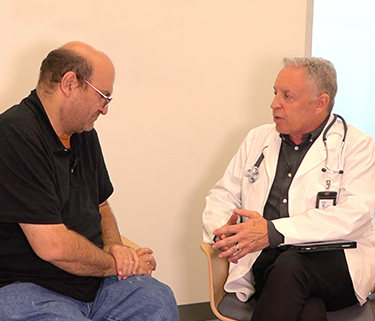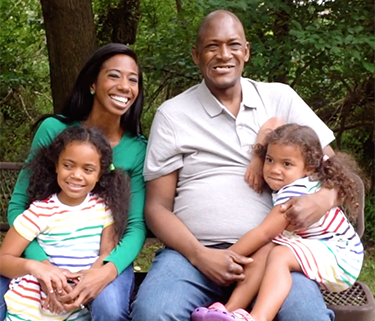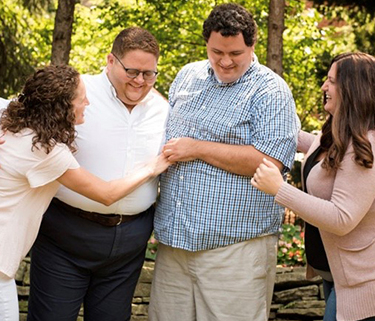Connecting Passionate Volunteers to Meaningful Causes: Addressing Food Insecurity in NYC
By Andrew Pfadt-Trilling, Vivian Murray, and Joyce Minault (AHRC NYC)
New York City is a city of contrasts. It is the financial capital of the world while 1.4 million residents rely on emergency food programs. A place where luxury condominiums are built on the same block as people who don’t know where their next meal is coming from.
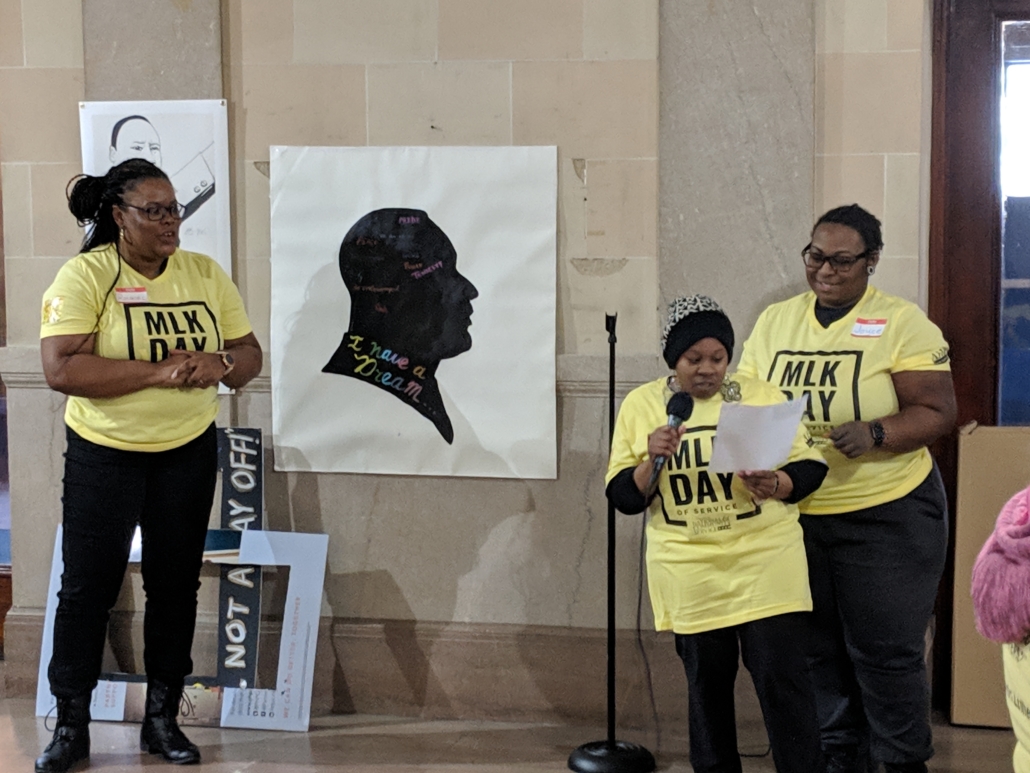
Last year, AHRC NYC was a recipient of a grant through the The Arc of the United States and the Corporation for National and Community Service to organize its first MLK Day of Service project to combat hunger and food insecurity. We saw this as a chance to look at neighborhoods where there is a real need, but also where there are passionate self-advocates and staff who want to be more connected and make an impact in their communities. We identified three neighborhoods (Crown Heights & Bushwick in Brooklyn; Lower East Side in Manhattan) and formed planning teams of staff and self-advocates that lived or worked in that neighborhood and asked: what if we planned a project that fought food insecurity, brought neighbors together, and strengthened community ties? Here is the story of how the Crown Heights team, B’lynx (Brooklyn Links Up) responded to that challenge.
B’lynx is a diverse team of people with and without intellectual/developmental disabilities, committed to enriching the Crown Heights community through innovation, passion, and fun. Since 2014, B’lynx has participated in community-based service projects and volunteer events with other local organizations.
The MLK Day of Service grant gave B’lynx the chance to develop as community organizers and take the lead in planning an initiative to bring people and organizations together to make a difference in Crown Heights. The team was excited to take on this role and when it came time to mobilize, self-advocates and staff began to hit the streets canvasing, recruiting volunteers, and spreading the word.
Recognizing that not everyone would be interested or comfortable doing the neighborhood outreach, the team made sure there were other ways for everyone to get involved and make an impact. Artists decorated boxes that were used for our city-wide food drives and distributed them to local businesses. Others created promotional materials such as flyers and bookmarks to raise awareness and recruit volunteers that were distributed to local libraries, cafes, and community centers. It truly takes a village to make something like this possible!
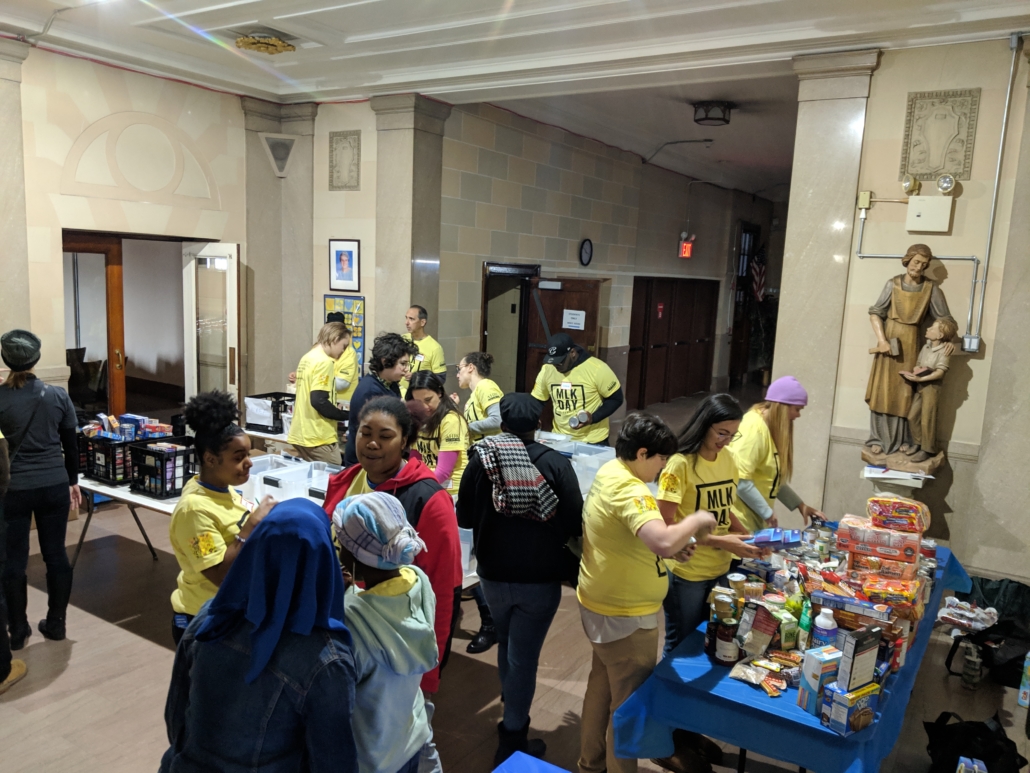
The hard work of B’lynx paid off. On January 21st, 2019 over 50 volunteers came out in the harsh weather to help those in need, distributing over 500 pounds of food collected through the drive. They also provided hot meals to dozens of households through Rescuing Leftover Cuisine, a nonprofit organization that combats hunger and food waste by delivering excess food from restaurants to those in need.
On top of the food-related volunteer activities of the day, B’lynx made sure the event also provided a space to showcase community partners and other opportunities to give back! Local organizations, such as community gardens and health centers, were present to share resources. There were arts and crafts tables for kids, healthy eating demos for all ages, and information of other volunteer opportunities in the neighborhood.
The MLK Day of Service has strengthened B’lynx even more and deepened their relationships in the Crown Heights community. This past summer they took an active role in neighborhood block parties, hosting arts activities for local children. B’lynx and the other change teams at AHRC NYC are already busy planning and looking forward to the upcoming 2020 MLK Day of Service, with the hope to help even more people!


